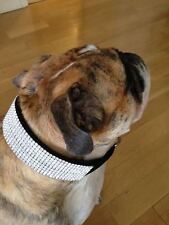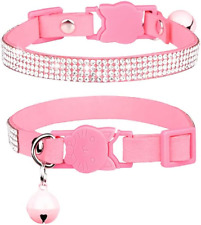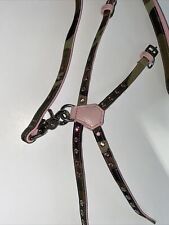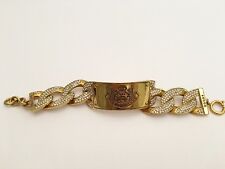Help! My Dog Pees on My Bed!
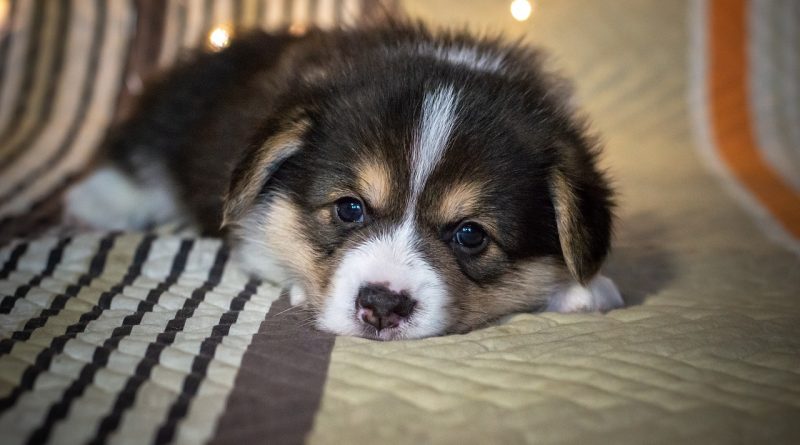
Noone’s perfect. We all make mistakes, including our dogs. But why, does your dog pee on the bed? Is it simply an accident, or is there a deeper reason?
It turns out, there are many reasons a dog might pee on the bed. It could be a health issue, a marking problem, or a whole host of other things.
Here’s what you need to know if your dog is peeing on the bed for your best shot at putting a stop to the behavior.
Health Reasons That Might Cause Your Dog to Pee on the Bed
Is your dog displaying any unusual health-related behaviors or symptoms?
First and foremost, your pup may have a medical condition, especially if peeing on your mattress is sudden and new. Have your dog checked out ASAP by your veterinarian to ensure that there isn’t an underlying issue explaining why he’s wetting the sheets. A urinary tract infection, for example, often leads to excess urination and overall discomfort.
Understanding Your Dog’s Behavior
Once your dog gets a clean bill of health from the vet, it’s time to look for other reasons why your dog is peeing the bed.
Although it’s tempting to assume your dog is peeing on your bed on purpose to “get back at you,” canines aren’t known for being vindictive!
Instead, try paying attention to your pet’s body language and spend quality time together, which will help you both better communicate. Ask yourself if you’ve honestly completely and fully house-trained your dog. Could he be telling you he needs a refresher course?
If your dog is a puppy or newly adopted, this could be doubly true. Is he going out to relieve himself enough times during the day? By jotting down and tracking the times your dog pees and poops, you will identify patterns and be able to put him on a schedule that better suits his needs.
Think about hiring a dog walker in your area if you’re not able to handle the potty breaks required for a day.
If your dog is only peeing in the house, and especially if you have an unaltered male dog, your pet could actually be “marking” his territory. In that case, neutering often helps alleviate the behavior.
Lastly, don’t forget to positively reinforce your dog for going potty where he’s supposed to by using treats, pets, or praise. And please, skip the punishment. It doesn’t work to shout at your dog or rub his nose in pee; all it will do is scare him, causing him to hide from you when he goes, and ruining the bond between you. Nobody wants that.
How to Clean Dog Pee from Your Bed
The trouble with potty accidents is that the pee scent lingers. Not just for you, but also for your dog. That ongoing scent of pee acts as a kind of invitation, reminding your dog to “go here!”
To break the cycle, clean as quickly as possible, as the sooner you clean it the less deep it’ll go. Sheets can go in the wash. If the pee has reached the mattress, blot the area with paper towels or a cleaning cloth to soak up as much moisture as possible, but avoid wiping, which can spread the stain. Follow up with an enzyme cleaner to get rid of the smell completely.
How to Get Your Dog to Stop Peeing on the Bed
The key to all dog training is to help your dog quit an undesired behavior while teaching them a different behavior to replace it. If you catch your dog about to pee on the bed, quickly scoop them up and put them outside, praising them for peeing outside instead.
And you know what they say: an ounce of prevention is worth a pound of cure. Make a habit of closing the door to the bedroom whenever your dog is left unattended, or create a barrier that makes it difficult for your dog to access the mattress.
Many owners use crates to keep pets calm and reduce destruction when they aren’t home, and it also gives owners a chance to catch their pet in the act—which is necessary to re-train pets with the right behavior.


